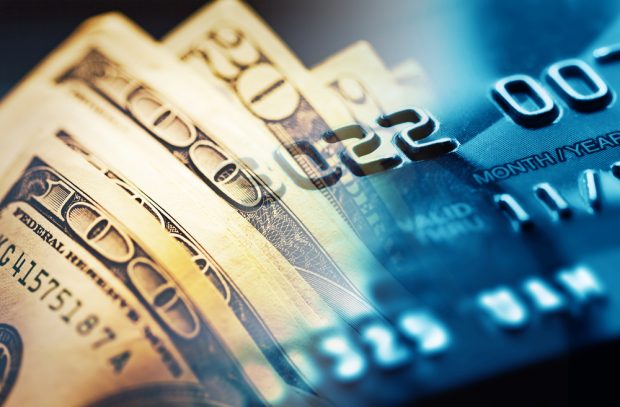 Economic future is unclear according to new surveys. (Source: Shutterstock)
Economic future is unclear according to new surveys. (Source: Shutterstock)
Even with all of the positive news about the economy – record low unemployment, strong consumer spending and solid stock market returns – recent surveys showed Americans feel the economy is actually hurting the poor and middle class, while household debt continues to increase despite income gains and consumers fear that a recession will ruin their finances.
According to a Pew Research Center Survey released last month, 69% said today's economy is helping people who are wealthy, while only 10% said the rich are being hurt. When Pew survey takers were asked how economic conditions are affecting Americans and their families, 46% said they are being hurt, 31% said they're being helped and 22% said they don't see much of an impact.
Recommended For You
And while Democrats are more likely than Republicans to say economic conditions are hurting families, the views differ significantly by income within both parties. For example, lower-income Republicans are roughly four times as likely as higher-income Republicans to give the economy a fair to poor rating.
About 75% of Republicans and independents who lean politically to the right said the economy is good or excellent, but only 42% of Democrats and others who lean their way share that view, according to the Pew Research that surveyed 6,878 adults.
What may explain why some Americans are not feeling so great about the economy comes from another survey conducted by NerdWallet and the Harris Poll, which showed U.S. household debt, including auto loans, student loans and credit cards, are continuing to rise. This survey of more than 2,000 adults was also released in December.
Credit card debt has increased nearly 6% in the past year and more than 34% in the past five years. Most Americans don't pay off their credit card balances from month to month, which means they incur interest charges. The average household credit card balance is nearly $7,000, costing an average of $1,162 in annual interest. Despite the recent interest rate drops, credit cards are one of the most expensive forms of debt.
Moreover, what is adding to the consumer debt burden is that over the last 10 years, medical expenses have spiked 33%, compared to a median income growth of 30%, according to NerdWallet's analysis of data from the U.S. Bureau of Labor Statistics and the U.S. Census Bureau.
These debt and medical cost challenges may be reasons why even just the threat of a 2020 recession could be sending a cold shiver down the spines of consumers, according to another survey, released last year, of more than 1,000 Americans by DepositAccounts, a Lending Tree Company.
Fifty-one percent of Americans said their finances would be destroyed if a recession hits the U.S. economy in 2020, and among millennials that figure was two in three.
What's more, 52% of consumers who are making more than $100,000 per year said a recession also would destroy their finances.
Four in 10 of the survey respondents said they have lost sleep worrying about an economic downturn and 34% said they are concerned about losing their jobs.
The survey's silver lining is that consumers are taking steps to prepare for a slowdown. About 40% said they are cutting spending and 37% said they are paying down debts.
One in four said they plan to withdraw cash from deposit accounts to cushion the blow of a recession, including nearly 40% of millennials, which could create problems for financial institutions that also will be affected by an economic recession.
© Touchpoint Markets, All Rights Reserved. Request academic re-use from www.copyright.com. All other uses, submit a request to [email protected]. For more inforrmation visit Asset & Logo Licensing.







